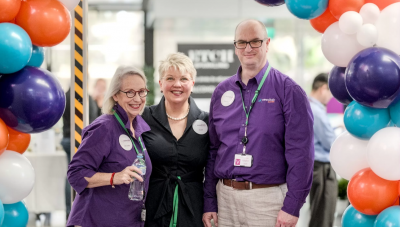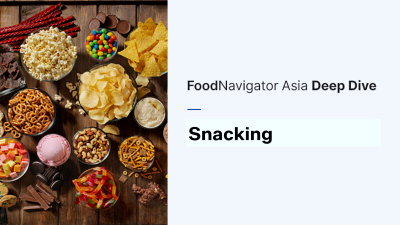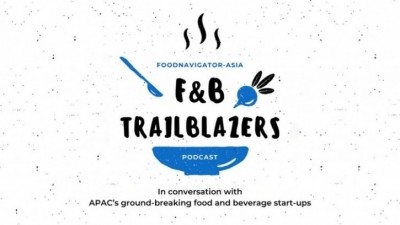Hot Right Now: PepsiCo APAC accelerator, Malaysia dairy regulations, precision fermentation development and more feature in our round-up

Positive tidings: PepsiCo’s first APAC accelerator programme seeks innovative solutions to boost value chain sustainability
PepsiCo has launched the first edition of its Greenhouse Accelerator programme in the Asia Pacific region, seeking inventive solutions focused on sustainable packaging and climate change reduction.
The firm’s Greenhouse programme is not new from a global context, first launched in Europe in 2017, then to the United States, the Middle East and North Africa (MENA), as well as Europe and Sub-Saharan Africa (ESSA) – making it now in its seventh year, when it has finally made its way to the APAC region.
Dairy development: Malaysia looks to update four-decade-old milk regulations to prevent food safety and fraud concerns
The Malaysian Ministry of Health (KKM) has released a statement seeking public opinion to update the local statutes governing food safety and quality of milk products in the country, citing concerns of fraudulent or unsafe products falling through the cracks.
The current statute governing these products is the 1985 Food Regulations, and the scope of milk products that KKM is seeking to improve control include skimmed milk, non-fat milk, pasteurised milk, recombined milk, reconstituted milk and so on.
“KKM is seeking the public’s opinion to update these regulations in order to protect the public from the potential health risks and prevent fraudulent handling of the preparation, sale or usage of these foods and beverages,” KKM said via a formal statement.
Is precision fermentation the next crypto? Demonstrating scalability and credibility crucial to avoid post-hype failure in APAC
The precision fermentation sector needs to clearly demonstrate the scalability and credibility of the technology if it is going to outlast the significant hype that surrounds the sector.
This was the conclusion of a panel of experts that convened at the recent Future Food Asia (FFA) 2023 event in Singapore, comprising of Zymtronix Founder and CEO Stephan Corgie, BGF Plantrix Chairperson Suthira Taychakhoonavudh, Miruku Co-Founder and CEO Amos Palfreyman and Cauldron Co-Founder and CEO Michele Stanfield.
With a laser focus on next-generation biomanufacturing and precision fermentation technology in particular, the panellists concurred that although the potential here is immense, there is still much work to be done in order to ensure the success of the sector.
Australia’s All G Foods scales up for debut of precision fermented proteins in Singapore by end-2024
Sydney-based precision fermentation firm All G Foods is doubling down on R&D and consumer insights research to complete its first finished product, as it sets sights on the APAC, Middle East and US markets.
With the world’s population projected to reach nearly 10bn by 2050, the planet “simply does not have the resources” to provide food for all its human inhabitants, opined Roman Buckow, Chief Technology Officer of All G Foods.
“We saw an opportunity to take the best that nature has to offer — in terms of cow’s protein — and complement it with science and cutting-edge technology to develop cultured dairy proteins via precision fermentation. The goal is to bring high-quality and tasty Australian-made dairy products to local and global consumers,” Buckow told FoodNavigator-Asia.
‘Not a quick win’: China’s plant-based brand Youkuai on collaboration crusade to crack the world’s largest consumer market
The China plant-based sector has lost ‘some of its hype’ and is far from a ‘quick win’, claims one of the category’s pioneers in the country, which has recently announced a significant new distribution deal.
Shanghai plant-based brand Youkuai recently partnered with Beijing-based Usource, which specialises in distribution for meat and plant-based brands in North China, to expand its B2B2C distribution across China.
Prior to that, Youkuai handled its own distribution – with B2C channels spanning WeChat, JD.com, and premium markets, and B2B in restaurants, hotels and catering to private schools, corporate canteens, and hospitals.
Its founder Franklin Yao explained it now wanted to focus on product development, and wanted a distributor to undertake sales and marketing to better understand its plant-based customers coming from each channel.















